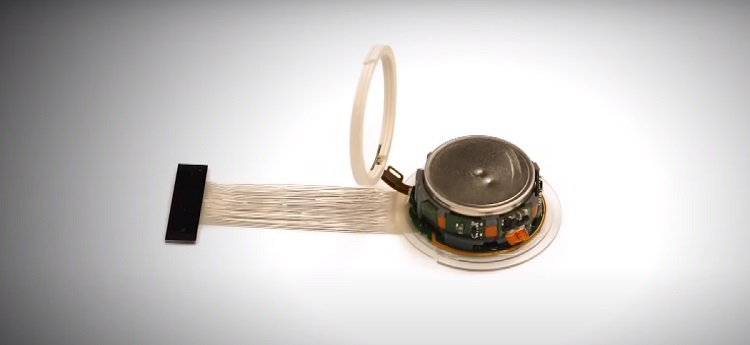Elon Musk announced that Neuralink successfully conducted the inaugural implantation of their brain chip in a human recipient.
The 52-year-old tech entrepreneur disclosed on X (formerly Twitter) that the undisclosed patient is currently in satisfactory recovery following the implantation performed on Sunday.
Musk noted the promising initial results, particularly highlighting the detection of neuron spikes. The founder of Neuralink, established in 2016, did not furnish further details regarding the patient’s health status or specific aspects of the procedure.
The implant, roughly the size of a quarter, is equipped with numerous minuscule threadlike electrodes.
These electrodes are subsequently inserted directly into the brain, facilitating the transmission of electrical signals emanating from neurons.
The chip is positioned in the brain’s area responsible for controlling the intention to move.
Elon Musk conveyed on X (formerly Twitter) on Monday evening that Neuralink, the brain science startup, is in the process of developing its inaugural product, tentatively named “Telepathy.”
Elon Musk Ambiguous on ‘Telepathy’ vs ‘Link’ Implant

Musk had previously introduced Neuralink’s brain implant under the title “Link,” but he did not explicitly confirm whether “Telepathy” represents a distinct product or if it serves as the updated designation for the brain implant.
In a subsequent X post, Musk disclosed that the envisioned product would empower individuals to control phones and computers solely through their thoughts.
This recent implant procedure follows a similar one conducted by Neuralink’s competitor, Precision Neuroscience, in June 2023.
Neuralink obtained approval from the Food and Drug Administration (FDA) to commence human studies in May 2023.
Subsequently, Neuralink initiated the recruitment of participants in September.
Since its establishment in 2016, Neuralink has been subject to allegations of violating the Animal Welfare Act.
However, in December 2022, Reuters disclosed that the Agriculture Department did not identify any violations, except for a self-reported incident in 2019.
This incident involved a Neuralink surgeon who utilized an unapproved sealant to close openings drilled into a monkey’s skull.
